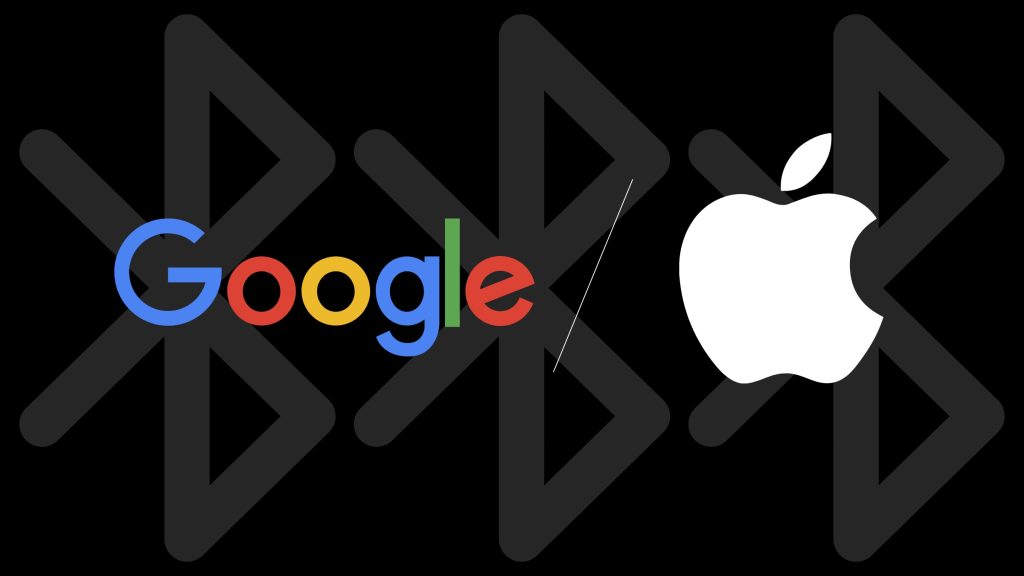
Apple and Google are launching a new standard that helps users detect third-party Bluetooth trackers, like the AirTag and its alternatives.
- People are still finding these trackers on their person.
- The DULT standard is compatible with Android devices running version 6.0 or higher and iPhones with iOS 17.5 or later.
Apple and Google have launched a new standard to help users detect if there are unwanted location trackers, like the AirTag and its alternatives, following them.
Ever since Apple launched its AirTag in 2021, Bluetooth tracking devices jumped in popularity. As a result, the market for location-tracking devices jumped from $2.34 billion in 2021—prior to the release—to $3.88 billion in 2022. Unfortunately, many found ways to abuse this new device. Reports started coming out of people finding AirTags and their alternatives placed on their person (purse, car, luggage, etc.) without their consent or knowledge.
The new specification, titled ‘Detecting Unwanted Location Trackers’ (DULT), works on both Android devices running version 6.0 and later, and iPhones with iOS 17.5 or higher. It identifies Bluetooth tracking devices that are moving around you over time. The DULT standard detects and alerts users when an unrecognized Bluetooth tracker is closed, regardless of the platform it is paired with. If the detected Bluetooth tracker is unrecognized, your phone will automatically alert you with a simple message.
- Android: “Tracker traveling with you”
- iOS: “[Item] Found Moving With You”
The notification also offers options to locate and disable it if necessary. The new standard ensures compatibility with unwanted tracking detection and alerts on mobile platforms, enhancing privacy and safety.
Several Bluetooth tag manufacturers, including Chipolo, eufy, Motorola, and Pebblebee, have pledged their commitment to producing tags that align with the new specification. This ensures that users can trust future Bluetooth tracking devices to adhere to stringent security measures.
The collaboration between Google and Apple sets a precedent for cross-platform cooperation when it comes to addressing privacy concerns. It also gives users greater awareness and control over their personal privacy, making it harder for abusers to clandestinely track someone.
However, it is not a foolproof solution. While the DULT makes it harder for the average person to bypass its detection methods, someone with technical knowledge can still modify the AirTag and its alternatives. Another thing that slightly dims the victory is the fact that the standard focuses solely on Bluetooth trackers. Abusers could still use GPS trackers to get the stalking job done.
The effort is very admirable, needed even, but it is not enough. Nothing is really going to change until clearer laws and better enforcement mechanisms can deter abusers and hold them accountable.
Even a registration for registering trackers could help identify and track down malicious users red-handed.
Inside Telecom provides you with an extensive list of content covering all aspects of the tech industry. Keep an eye on our Tech sections to stay informed and up-to-date with our daily articles.